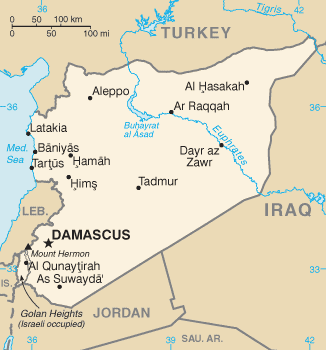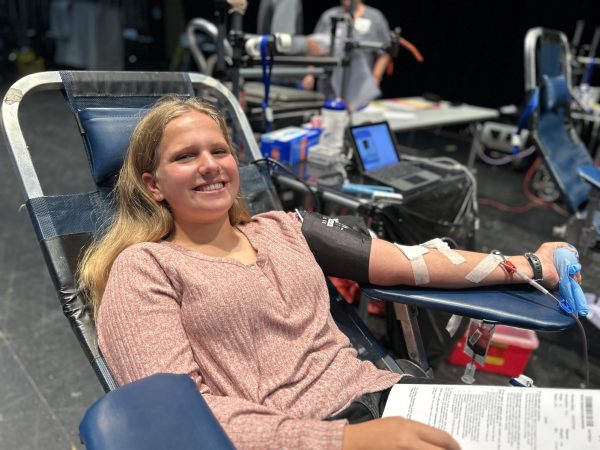Russia launches offensive airstrikes on Syria
On Wednesday, Sept. 30, Russian President Vladmir Putin began offensive airstrikes on Syrian provinces. This came within minutes of receiving approval from the Russian Parliament.
An anonymous source in Washington quickly criticized Russia’s bold play, saying, ” Moscow’s moves would not change the U.S.-led air campaign targeting the Islamic State in Syria.”
Russian Defense Ministry representatives said, “Airstrikes were carried out against positions held by the Islamic State in Syrian territory.” This follows a Russian military build up in Syria to support long-time Russian ally, Syrian President, Bashar al-Assad.
According to U.S. officials, the first strikes have caused damage in the Syrian city of Homs. Reports from AFP news agency add that strikes have hit in as many as three Syrian provinces.
Amid the fast-moving developments, Secretary of State John F. Kerry told Russian Foreign Minister Sergei Lavrov that the Russian airstrikes are “not helpful,” according to a senior State Department official speaking anonymously about the Russia military activity.
State Department spokesman John Kirby said the Russian airstrikes “in no way will alter the United States or coalition missions against ISIL particularly air missions,” an acronym for the Islamic State.
Kirby confirmed that a Russian official informed a U.S. embassy official this morning that Russia would be flying tactical missions over Syria, and requested the U.S. and coalition aircraft not fly at all over Syria.
Kirby said the State Department had no reason to doubt reports of at least one airstrike near Homs. He said it was unclear what the target was, or if it was effective.
A spokesman for Russian President Vladmir Putin, Dmitri S. Peskov, told reporters in Moscow, “Russia will factually be the only country to carry out this operation on the legitimate basis of the request of the legitimate government of Syria.”
In a brief statement, the Kremlin said that Putin had requested the authorization to use force “on the basis of universally recognized principles and norms of international law.”
In the past year, thousands of airstrikes have been led by the U.S. led coalition, as well as trained anti-Assad rebels.
Russia’s approval for the use of armed forces is expected to cause series challenges for Western policy in Syria, and has raised many concerns of an unintentional military conflict between U.S.-led coalition aircraft and Russian troop jet interceptors and surface-to-air missiles.
This resolution came very quickly and with no warning from the Russian Federation Council, Russia’s higher body of parliament, where almost 200 Russian senators voted unanimously in support of an armed offensive after a closed-door discussion.
This is similar to the way in which the Federation Council approved military action in the Ukraine almost a year ago.

BPHS senior Greydon Tomkowitz is the current Editor-In-Chief of Hawk Eye, a position he has served in for three years.
Greydon joined the newspaper...












Seb • Oct 1, 2015 at 10:04 am
In “Ukraine”. Not “The Ukraine”. It makes me so mad when people mess that up.